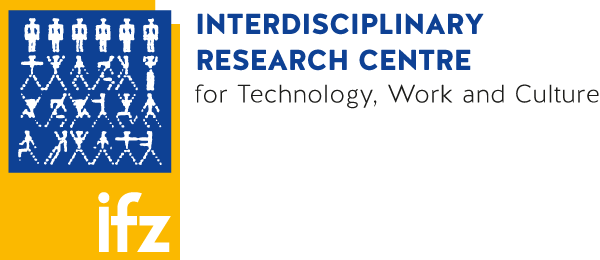Evaluation
This research approach refers to monitoring and process evaluation as well as impact evaluation. Our evaluations benefit from the interdisciplinarity of the IFZ team. They are often conducted both quantitatively and qualitatively, if possible accompanying the process of implementation, and always ensuring highest scientific quality (e.g. triangulating methods, data and researchers’ perspectives).
For more information, please contact Jürgen Suschek-Berger.
Approach
